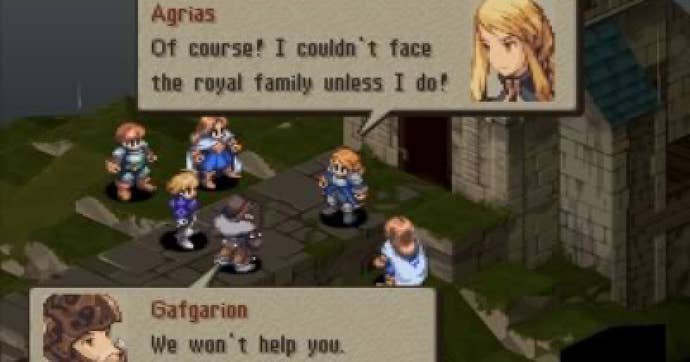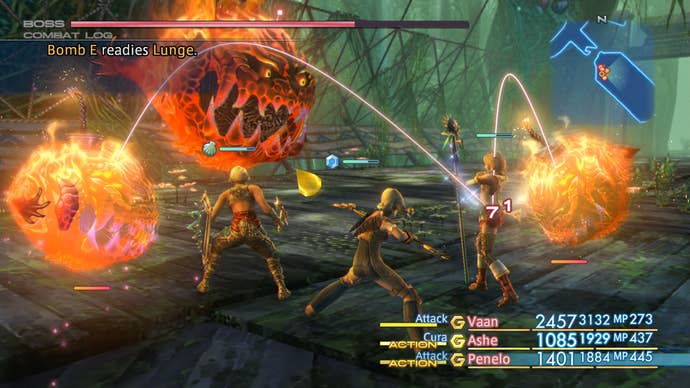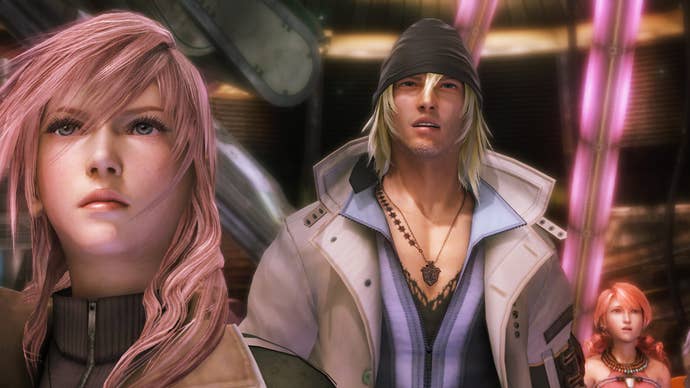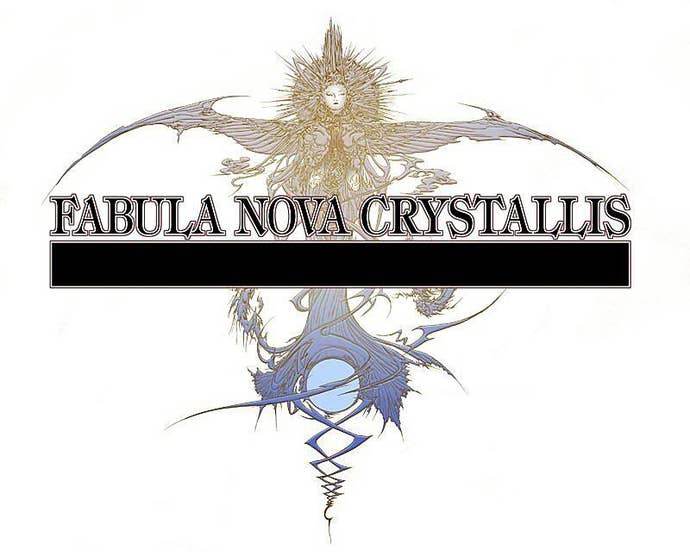How Final Fantasy XII's Development Troubles Presaged a Tough Decade for the Series
With Final Fantasy XII: The Zodiac Age now out, we look back on its troubled development and an interesting what-if.
This article first appeared on USgamer, a partner publication of VG247. Some content, such as this article, has been migrated to VG247 for posterity after USgamer's closure - but it has not been edited or further vetted by the VG247 team.
Final Fantasy XII was stuck in neutral in 2004.
After more than four years in development, what was supposed to be the next major entry in the series was no closer to release. This put Square Enix in a bind. The series was supposed to get its last hurrah on the PS2 with Final Fantasy XIII, but that was no longer possible. This setback presaged a tough decade for the series.
Up until that point, Final Fantasy had been a well-oiled machine. On the heels of Final Fantasy VIII's successful debut the year before, Square announced Final Fantasy IX, X, and XI. Shortly thereafter, Final Fantasy XII was in development as well, laying the groundwork for Square Enix's run on the PS2.

While franchise mainstay Yoshinori Kitase worked on Final Fantasy X, Yasumi Matsuno was handed the reins for Final Fantasy XII, which was expected to be ready by 2004. At that time, Matsuno was best-known for his work on the critically-acclaimed Tactics Ogre, Final Fantasy Tactics, and Vagrant Story games, which had featured a darker, more political bend than the high adventure Final Fantasy was known for.
It didn't take long for Matsuno to run into problems. Where he had purportedly exercised total control over his previous games, he reportedly told 4Gamer in an interview that he wasn't used to the more democratic production style of Final Fantasy XII.
He also found himself bumping up against the technical limitations of the PS2. In a 2007 interview, Hiroshi Minagawa told a German website that the move to a seamless battle system had presented problems for the team, "Although it might seem like a similar system to Final Fantasy XI on the surface, this isn't really the case. For example, we can't use the hard disc that Final Fantasy XI requires. Also, in this game, one person has to control multiple characters. So as we started to adress these various issues and at the same time wanted to add all these other features, the physical limitation of what the PlayStation 2 can actually do became quite a problem, the limitations became very, very tight. And to get all these things to work at once also took a very long time."

What happened next is still subject to speculation. Matsuno reportedly became ill, forcing him to step away from the project. Hiroyuki Ito and Minagawa stepped up in his place, with SaGa director Akitoshi Kawazu stepping in as executive producer.
It was 2005 by this point, the Xbox 360 was mere months away, and Final Fantasy XII was still a year away from completion. It was evident that Final Fantasy XII would be the last major game in the series to come out on the PlayStation 2.
This put Square Enix at a crossroads. While Matsuno and company worked on Final Fantasy XII, Kitase and his team had already turned their attention to Final Fantasy XIII, which they had hoped to squeeze on to the PS2 at the end of its lifespan. But Final Fantasy XII's delay and the acclaim received by the famous Cloud tech demo changed their plans.
At E3 2006, Final Fantasy XIII was formally announced for the PlayStation 3 alongside two spinoffs—Final Fantasy Versus XIII and Final Fantasy Agito XIII. Years later, Kitase would attribute some of Final Fantasy XIII's difficulties to the switch, saying that it had cost the project "a year and a half" as they were forced to develop a new toolset and completely change the development team. Final Fantasy XIII would ultimately be delayed until 2010.
From that point on, Square Enix's path was set.

An Unavoidable Destiny?
It goes without saying that Final Fantasy XII wasn't the only problem facing Square Enix in the mid-2000s. Final Fantasy: The Spirits Within's flop at the box office in 2001 was a brutal setback, resulting in the departure of series creator Hironobu Sakaguchi and setting the stage for their merger with their biggest rival.
But Final Fantasy XII was the first time an actual game in the series suffered problems. It arguably changed Square Enix's calculus, possibly causing them to look toward the HD consoles earlier than they might have otherwise.
Like the rest of Japan, Square Enix was bound to struggle with the transition to HD consoles in any case. Rising costs, asset demands, and the finicky nature of the PS3's cell processor all put immense pressure on the company. Art demands accounted for some 70 percent of Final Fantasy XII's budget, and it only got worse on the PS3.
"On PS2, Square Enix focused on creating top-flight graphics," Kitase later told us. "But resource requirements exploded in the PlayStation 3 era. Suddenly, there were too many craftsman."
Despite these inevitable stumbling blocks, there's an interesting "what-if" to be found here. If Final Fantasy XII had made it out in 2004 as originally planned, and Square Enix had stuck to their original plan with Final Fantasy XIII, they might have had some breathing room to adjust to the HD generation. That in turn might have at least partly altered the trajectory of the ensuing decade.

On the other hand, Square Enix may have sealed their fate the moment they conceived of Fabula Nova Crystallis—an extended mythos that grew out of the success of Final Fantasy X-2 in 2004. It spoke to company's wild ambition for the series, sewing the seeds for future struggles. Final Fantasy Versus XIII, which was to be one of the project's flagship games, ended up being trapped in development hell for more than a decade.
Regardless, Final Fantasy XII may not have been the root cause of Square Enix's later problems, but it was symptomatic of what would later ail the company. For now, the HD release of Final Fantasy XII: The Zodiac Age is a chance for Matsuno's troubled project to finally stand on its own, free of the troubled shadows of its development. If only Square Enix were so lucky.

